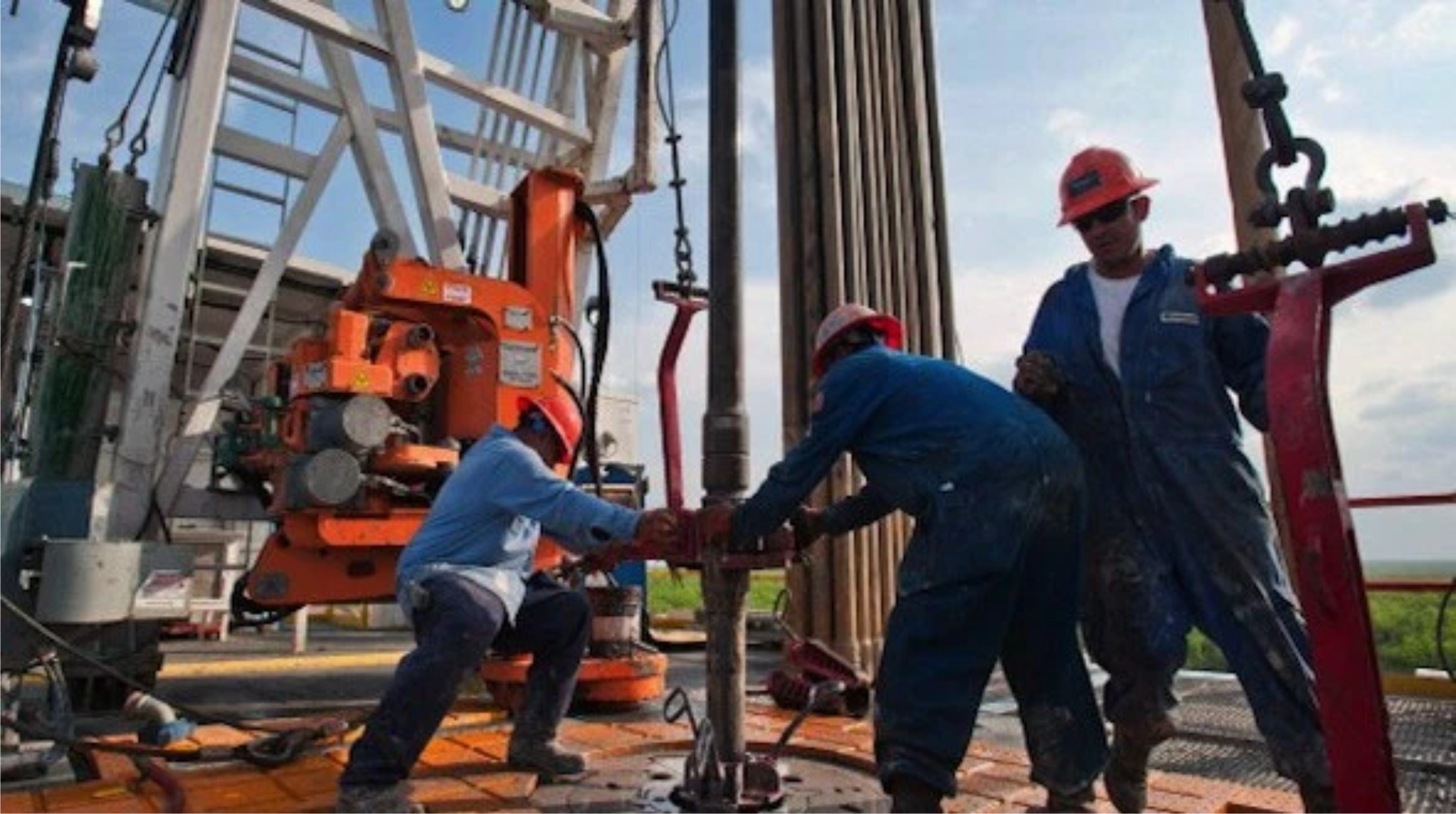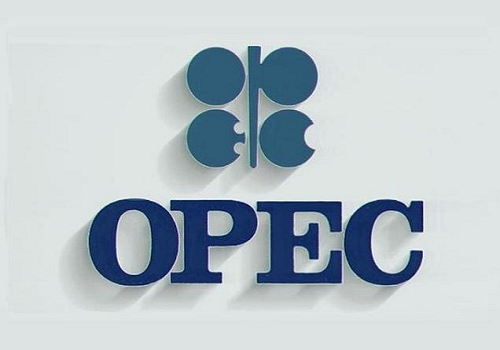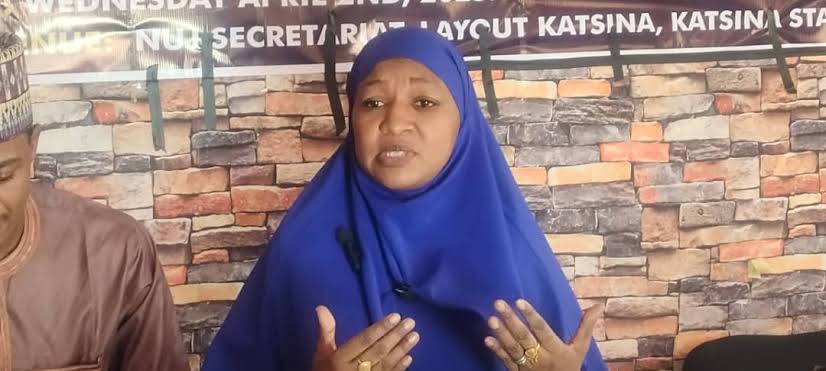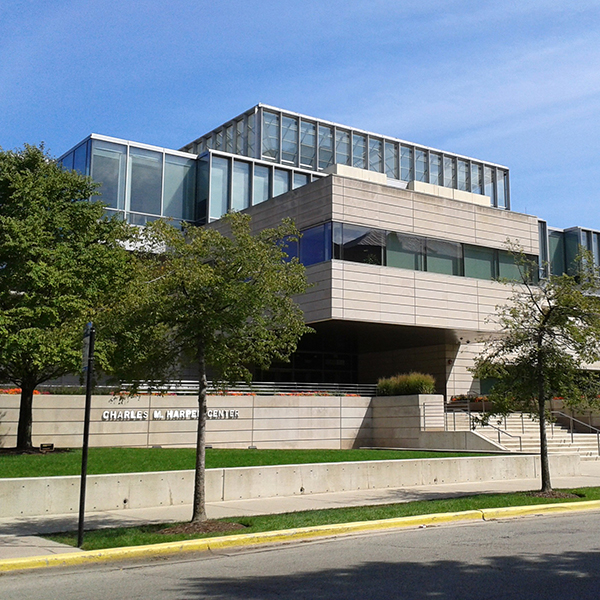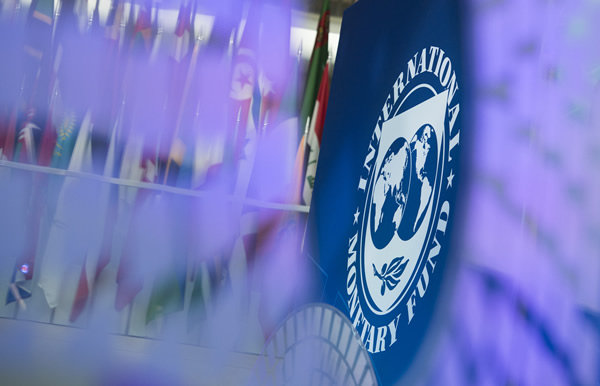
Keep up with the latest news and be part of our weekly giveaways and airtime sharing; follow our WhatsApp channel for more updates. Click to Follow us
Nigeria, Africa’s largest oil producer, is facing a severe economic downturn, with its GDP per capita plummeting by 72.35% over the past decade. According to the International Monetary Fund (IMF), Nigeria’s GDP per capita declined from $3,022 in 2014 to just $835.49 in 2024, signalling a sharp contraction in the average economic output per person. ¹
The country’s total Gross Domestic Product (GDP) also fell steeply, from $568.5 billion in 2014 to $194.96 billion in 2024, marking a staggering 65.71% decline. Nigeria’s real GDP growth has slowed considerably, from 6.3% in 2014 to 2.9% in 2024.
Former Chief Economist at Zenith Bank, Marcel Okeke, stated, “There is an illusion of economic progress. The government is asking citizens to tighten their belts, yet the reality is that the economy is in persistent decline. The numbers show we are constantly moving backward.” Okeke highlighted the worsening inflation rate, which jumped from 22.4% in May 2023 to 34.8% in December 2024, and the naira’s rapid depreciation.
Development economist Aliyu Ilias attributed Nigeria’s low GDP per capita to the prolonged depreciation of the naira, stating, “The naira has fallen from about N300 per dollar to over N1,500 per dollar. Looking at key economic indicators, there is no sign of improvement.” Ilias emphasized the need for urgent policy action to reverse the decline in GDP per capita, saying, “To achieve economic growth, Nigeria must boost production, balance trade, improve security, and ensure food and energy security.”
Despite meeting its OPEC production quota for the first time since November 2023, analysts caution that structural challenges continue to threaten production stability. The National Bureau of Statistics plans to rebase the country’s GDP and Consumer Price Index, but Okeke warned that adjustments to economic indicators could create a misleading impression of progress.
Okeke further emphasised, “The government may attempt to arrive at figures that suggest economic improvement, but the reality on the ground is different. Millions remain unemployed, and even those with jobs are struggling as salaries lose value.”
He also dismissed the significance of rising federal allocations, arguing that increased revenue distribution has not translated into improved living standards. “A 50-kg bag of cement cost N2,000 or N3,000 when we were sharing hundreds of billions. Now that trillions are being allocated, cement costs N9,000 or N10,000. What has changed for the better?” he questioned.
Okeke described Nigeria’s economic state as “consistently retrogressive,” with no signs of reversal. “People are leaving the country in droves, searching for better livelihoods. Even those with jobs are barely surviving. The government may celebrate figures, but reality tells a different story,” he said.
Development economist Aliyu Ilias also emphasised the need for urgent policy action to reverse the decline in GDP per capita. “To achieve economic growth, Nigeria must boost production, balance trade, improve security, and ensure food and energy security. Without addressing these fundamental issues, our GDP will continue to struggle, and GDP per capita will not improve,” he said.
Ilias noted that Nigeria’s 2025 budget reflects the economic challenges facing the country. “In dollar terms, the 2025 budget is lower than 2024’s, highlighting the financial strain,” he said.
As Nigeria struggles to recover from its economic downturn, experts warn that the country’s economic woes are far from over. With a declining GDP per capita, rising inflation, and a depreciating currency, Nigeria’s economic future remains uncertain.
Please don’t forget to “allow the notification” so you will be the first to get our gist when we publish it.
Drop your comment in the section below, and don’t forget to share the post.

